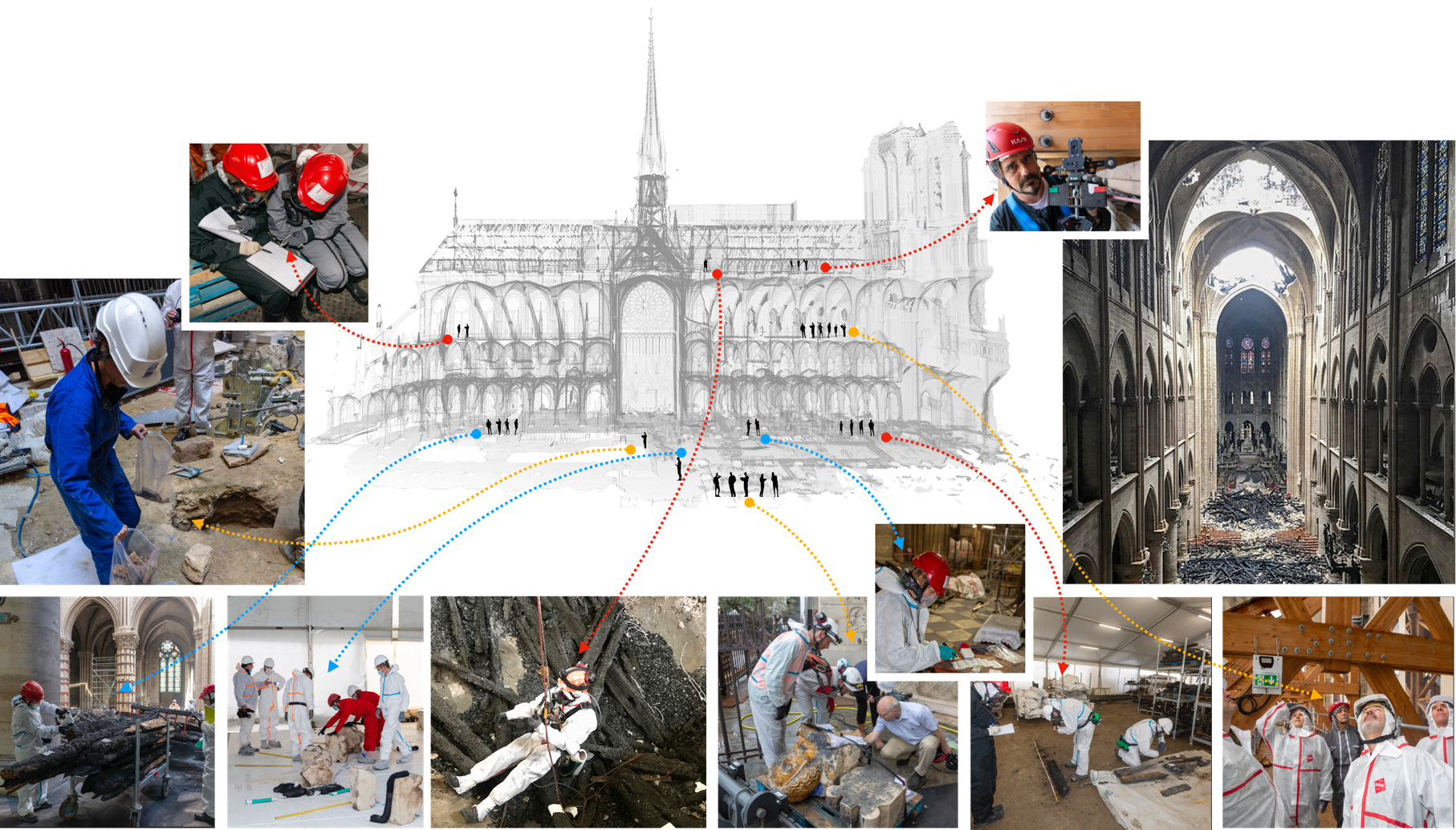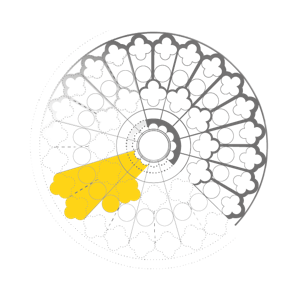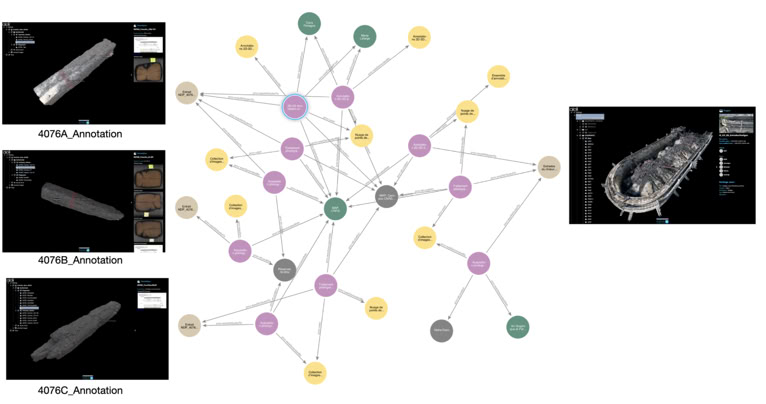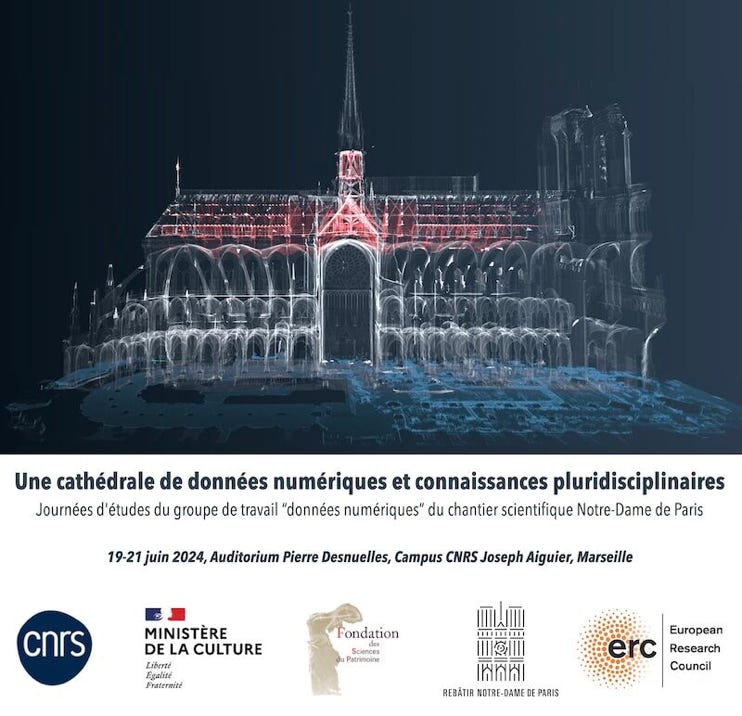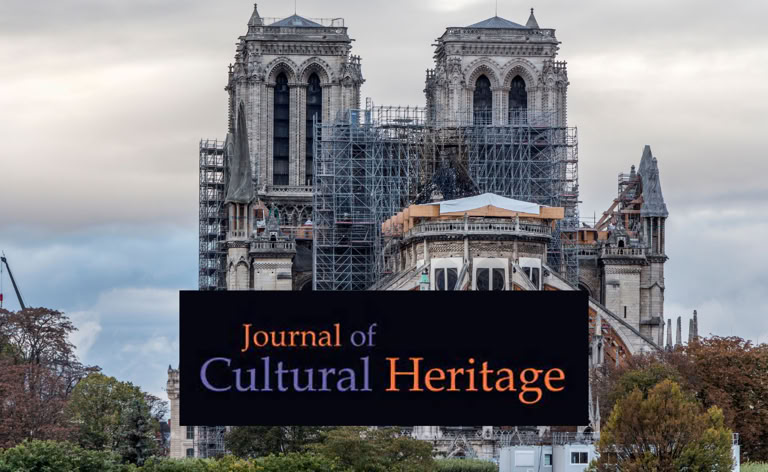05/01/2026
A new software environment developed within the n-Dame_Heritage project is being prepared: quasi.modo, a conceptual and technical architecture dedicated to the exploration, integration, and semantic interoperability of multidisciplinary heritage data.
Quasi.modo - Querying and Unifying Architecture for Semantic Integration of Multidimensional Orchestrated Disciplinary Observations - is designed to support the querying, structuring, and connection of heterogeneous datasets produced around complex heritage objects. It provides a unified yet flexible framework in which 3D digitisation data, geolocated annotations, archival sources, scientific analyses, and spatialised scholarly narratives can be explored, linked, and reasoned over within coherent semantic and spatio-temporal models. A beta testing programme is scheduled to start in Spring 2026, opening the platform to a first community of researchers and practitioners.
Further info
